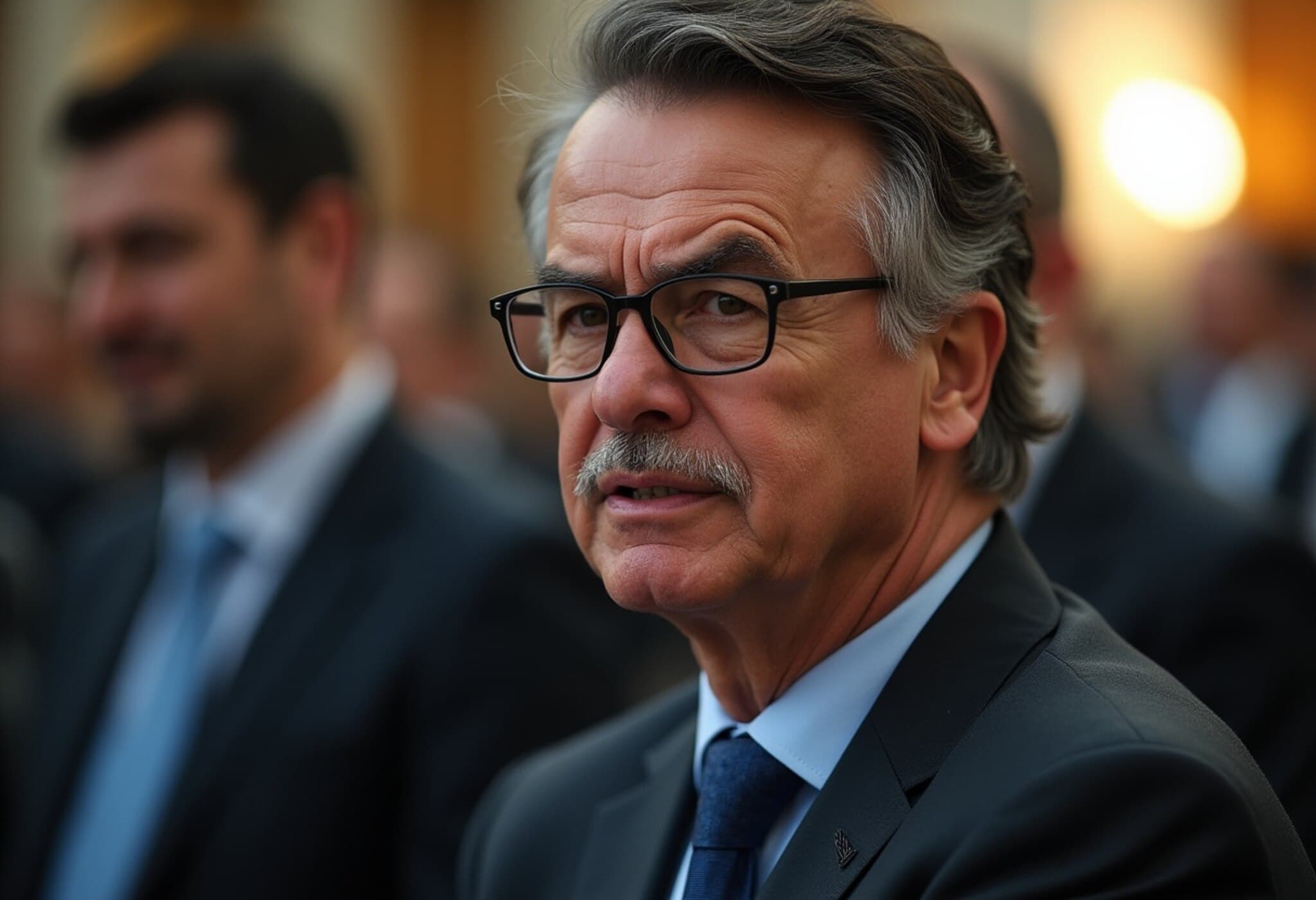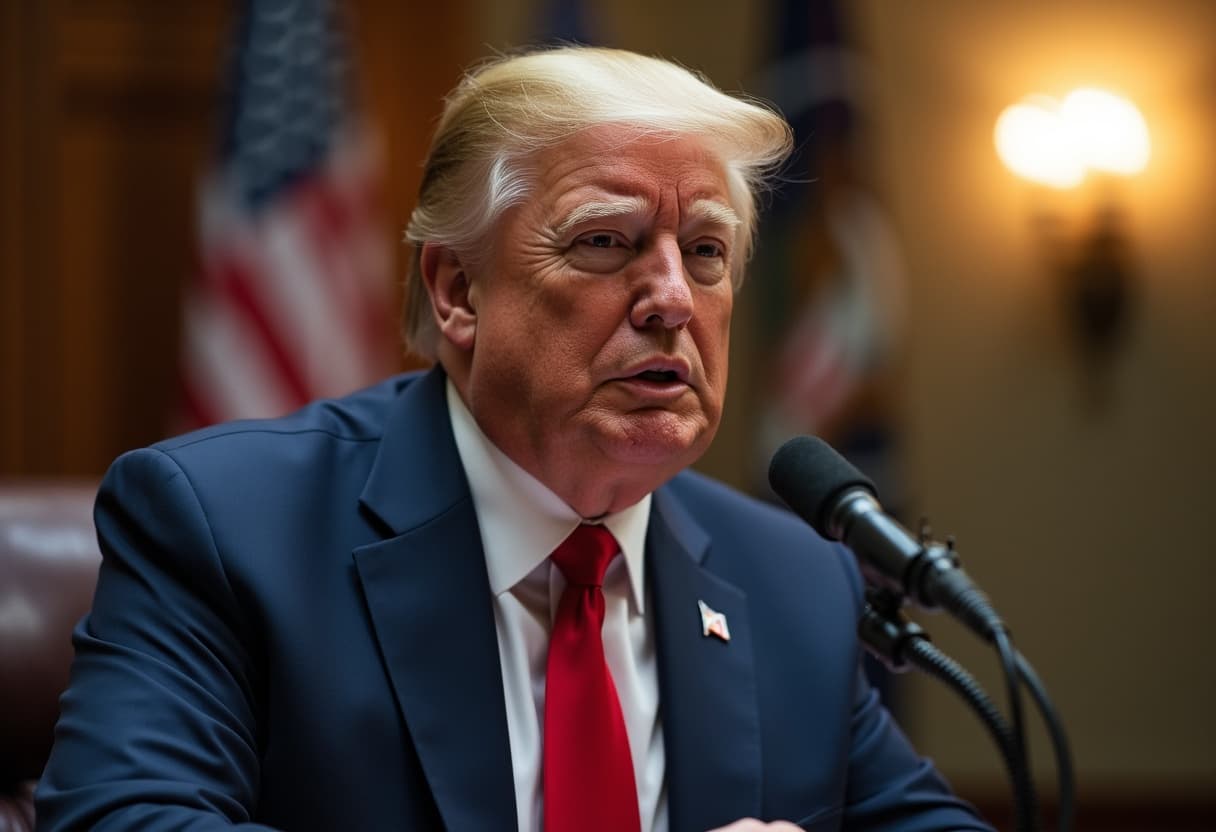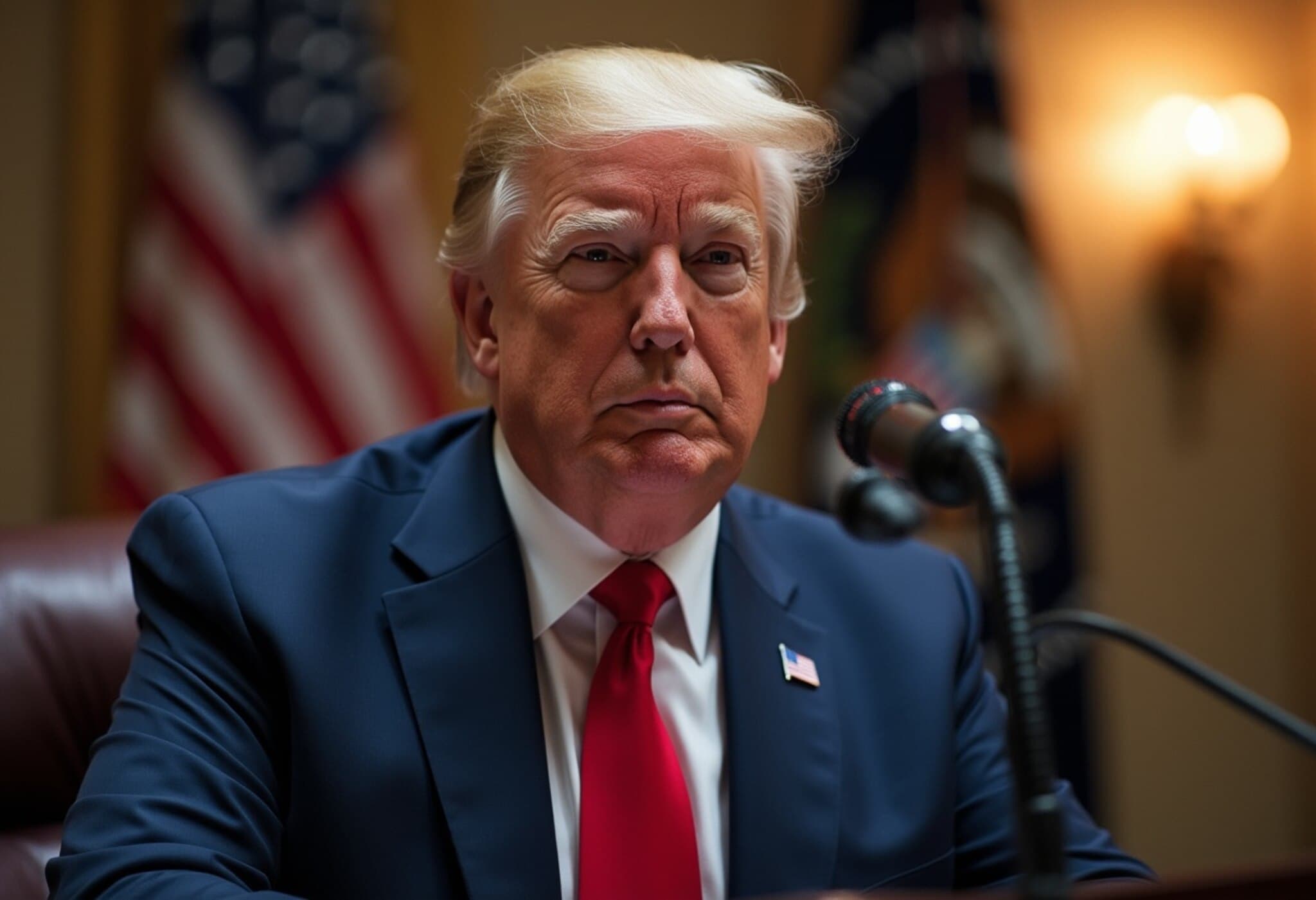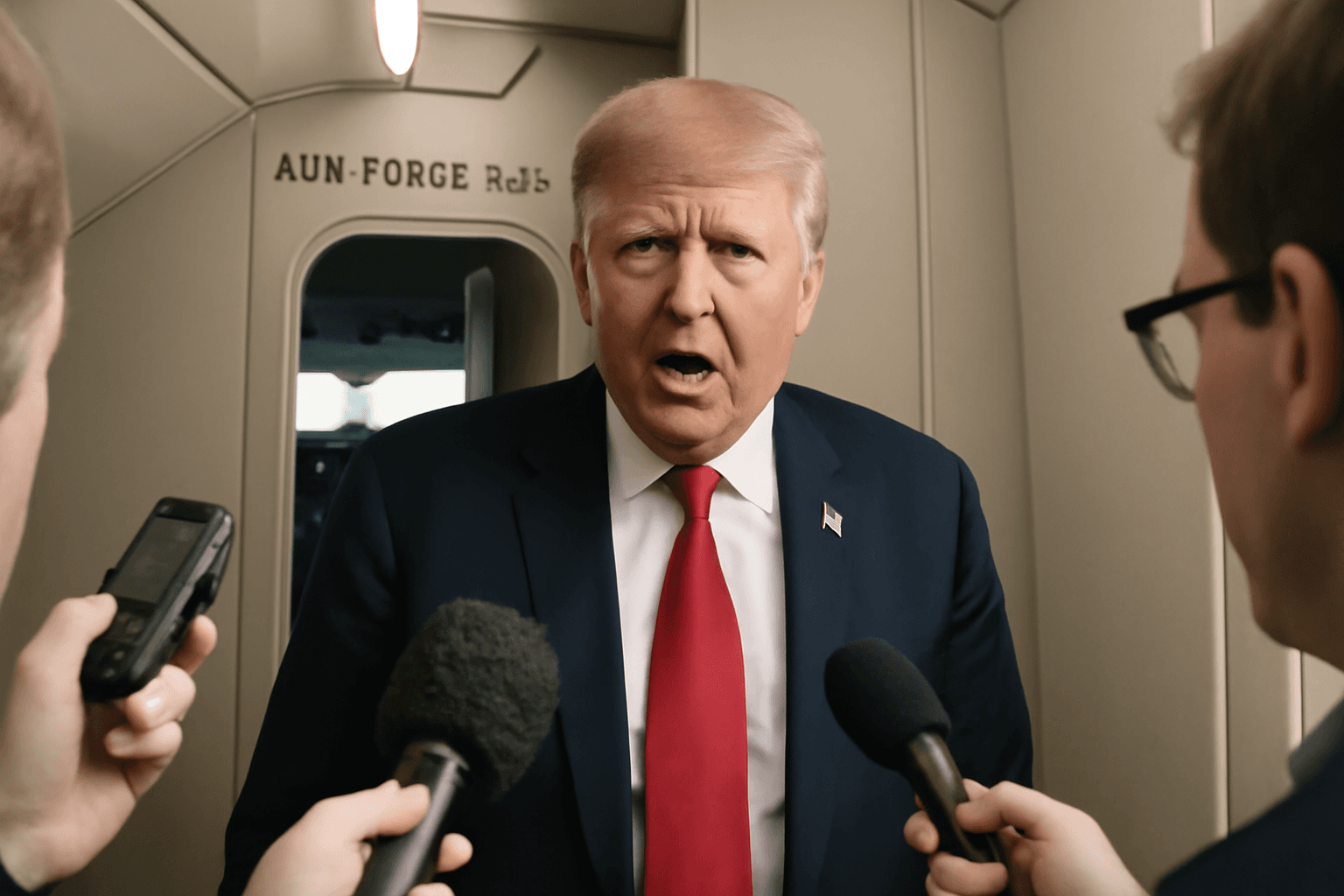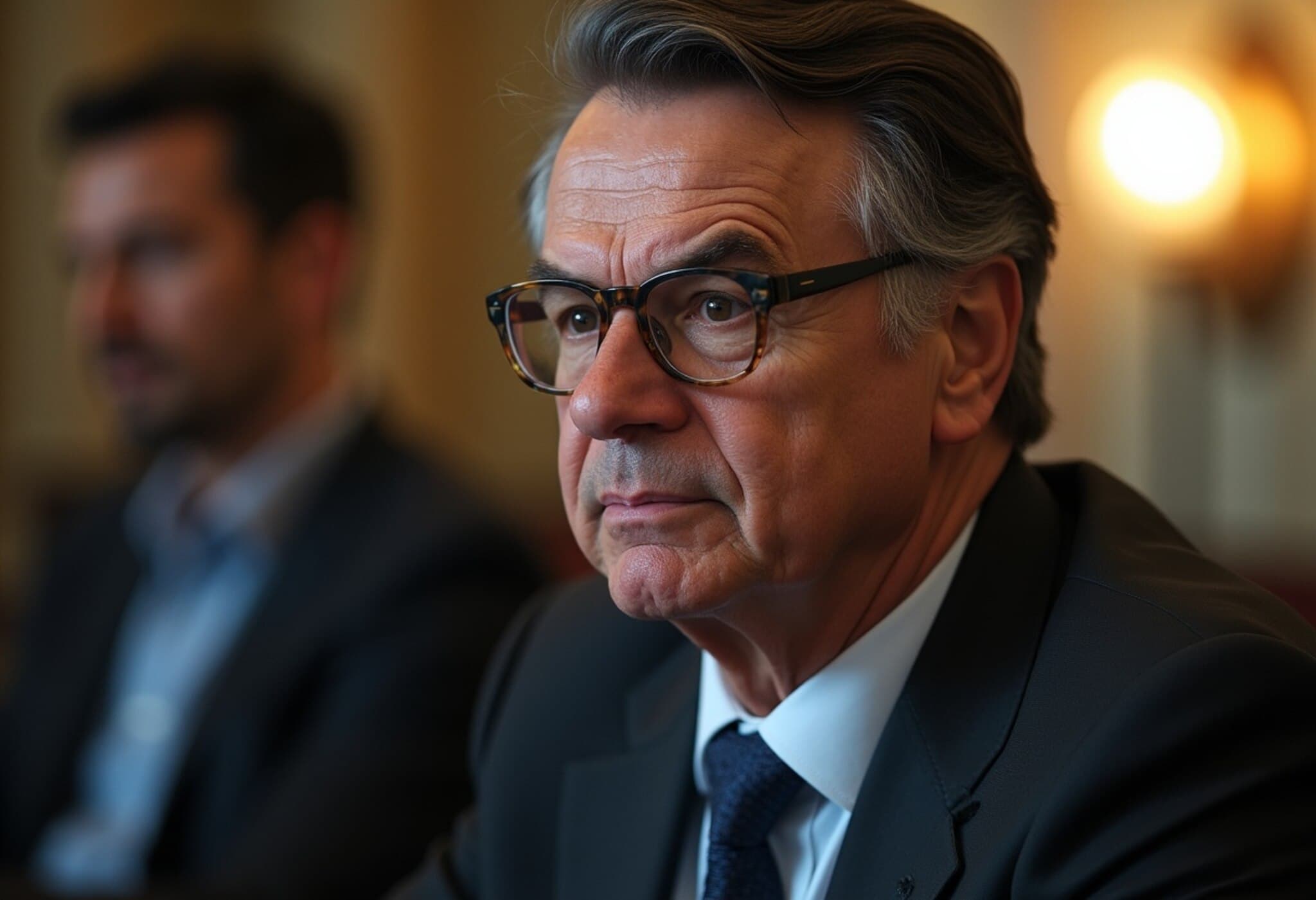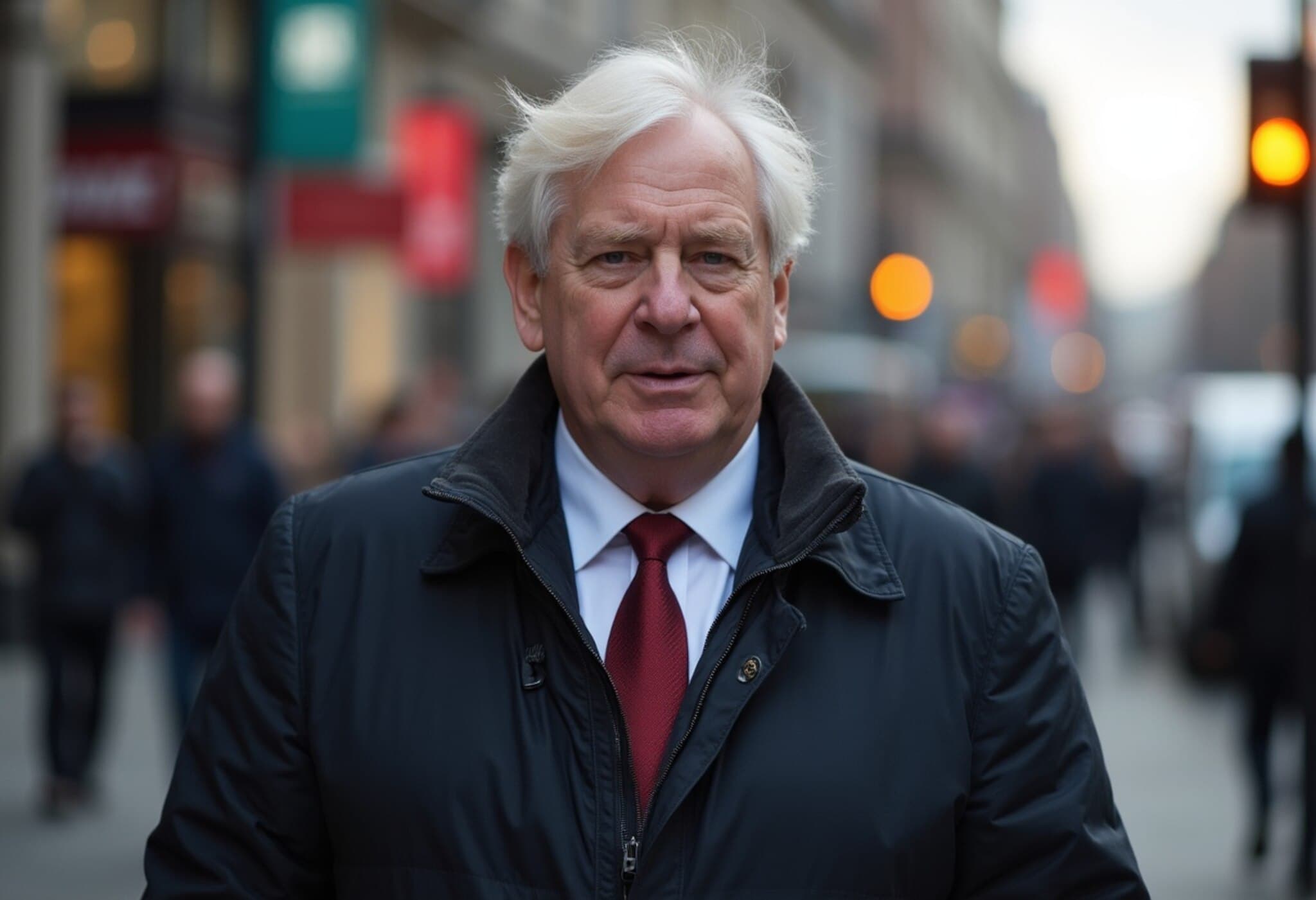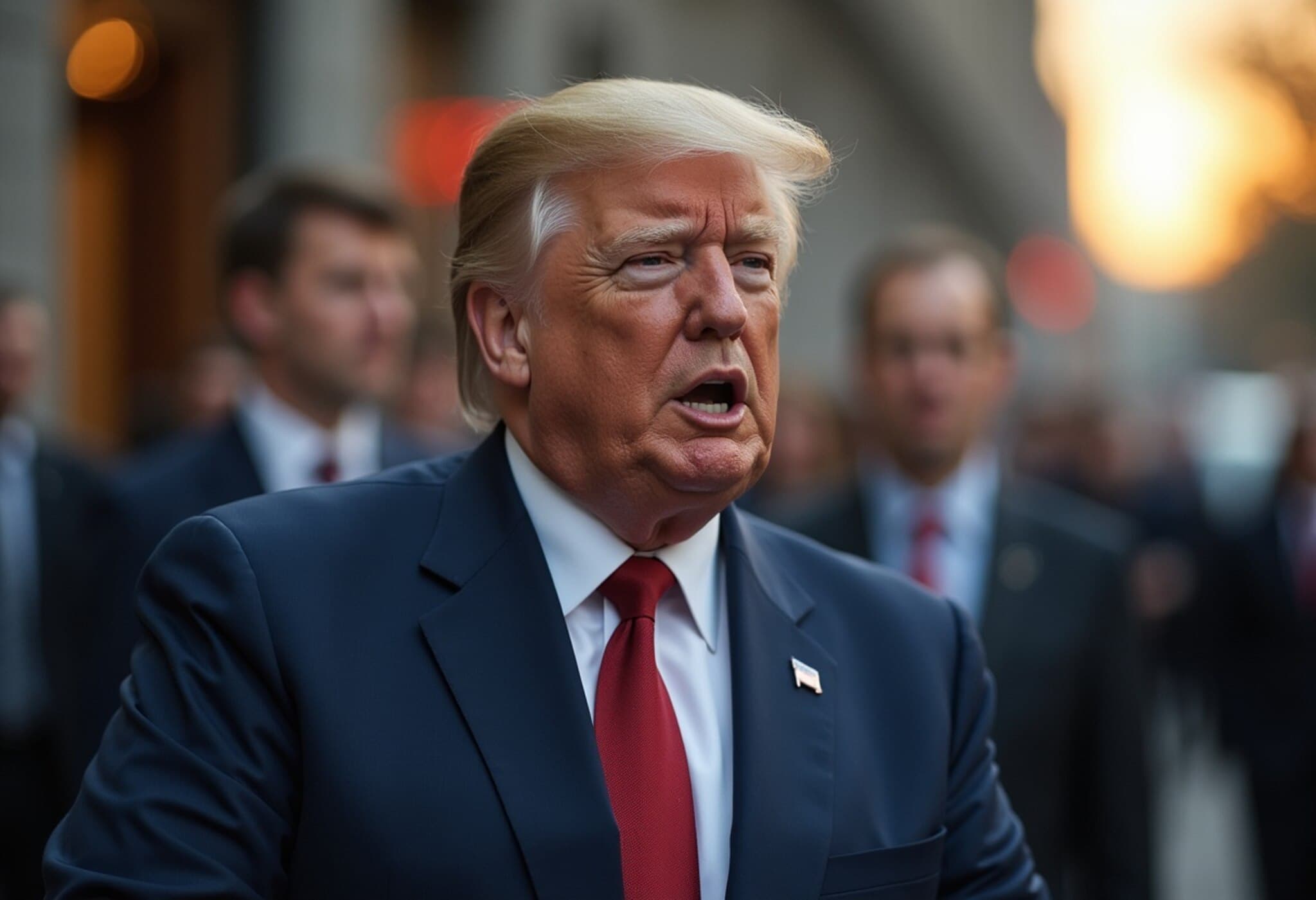Controversial Views from Nigel Farage’s Social Media Adviser Stir Debate
Jack Anderton, a prominent social media strategist closely linked to the UK's Reform Party leader Nigel Farage, has drawn widespread attention and criticism after publicly questioning Britain’s decision to fight Nazi Germany in World War II. In a series of provocative posts on his personal blog, Anderton argued that the UK might have been better served by maintaining neutrality during the conflict, a stance that flies in the face of the widely accepted historical narrative about Britain’s pivotal role in defeating fascism.
Who Is Jack Anderton?
Though not officially employed by the Reform Party, 23-year-old Anderton is known for orchestrating Nigel Farage’s hugely successful TikTok presence, which has amassed over 1.3 million followers. He later helped Luke Campbell secure the mayoralty of Hull and East Yorkshire, where Anderton remains a key figure in Campbell’s advisory circle. Despite his informal ties, Anderton wields considerable influence within Reform UK’s social media and political spheres.
Reevaluating Britain's WWII Legacy: What Anderton Said
In his blog entry titled "Britain Needs Change," Anderton questioned the conventional wisdom about Britain’s involvement in both World Wars. He suggested that the costly engagements ultimately weakened the UK, stating:
"We impoverished ourselves for decades; we didn’t finish paying the loans off to America until 2006. Our economy stagnated, we lost an empire, and we are pushed around by America."
He further postulated an alternate history where Britain kept neutral, which might have allowed it to develop former colonies such as Australia, Canada, South Africa, and others economically and even potentially regain influence over some in the future. The notion of asserting a modern "meritocracy" to reclaim these nations' allegiance undoubtedly harks back to imperial nostalgia, a perspective that many interpret as controversial or even revisionist.
Foreign Policy and Ukraine: A Contentious Position
Beyond his views on history, Anderton's posts have also questioned the UK’s current foreign policy. He argued against British financial and political support to Ukraine amid the ongoing conflict with Russia. His rationale centers on the belief that:
- Britain has no direct allegiance to Ukraine.
- Russia has not attacked the UK, so it should not be considered an enemy requiring UK intervention.
- British funds should prioritize domestic concerns over international conflicts.
He added a call for a drastic overhaul of the UK Foreign Office, suggesting it should prioritize strictly national self-interest rather than international humanitarian or diplomatic aims—a stance some critics label as isolationist and short-sighted given the interconnected nature of global security.
Echoes of Political and Ethical Controversies
In a particularly startling suggestion, Anderton proposed that the UK imitate the controversial mass incarceration policies of El Salvador’s President Nayib Bukele, widely condemned by human rights advocates globally. This endorsement raises ethical questions and stokes fears about adopting repressive governance models.
Expert Analysis: What Does This Mean for British Politics?
The sentiments expressed by Anderton reflect a broader, growing trend among certain nationalist and populist factions in the UK and beyond—skepticism toward established foreign alliances, nostalgia for imperial-era power, and a strong emphasis on sovereignty and economic pragmatism.
However, historians and policy experts caution that such perspectives risk oversimplifying complex global dynamics and downplaying the moral imperatives that shaped Britain's historical decisions, particularly during World War II. The idea of not fighting the Nazis stands starkly against the sacrifices made by millions and the consequences of allowing fascist regimes to proliferate unchecked.
Furthermore, Anderton’s proposal to withhold support from Ukraine raises concerns about the UK's role on the global stage and its commitments to democratic values and collective security – especially amid rising geopolitical tensions.
Official Responses and Public Reaction
Reform UK officials have distanced themselves from Anderton’s assertions, clarifying that he is not a party employee despite his close working relationship with key Reform figures. Nonetheless, these views have ignited debates on social media and within political circles, highlighting the challenges of managing influential voices in today’s digital political landscape.
Conclusion: A Moment to Reexamine History and Policy
Jack Anderton’s comments, while controversial, compel a wider conversation about national identity, historical narrative, and the direction of British foreign policy. They also underscore how social media increasingly shapes political discourse and public perception – for better or worse.
Editor’s Note:
As Britain navigates its post-Brexit identity and global role, questions about its past and future alliances gain renewed urgency. While alternative historical interpretations are valuable, they must be balanced against the gravity of historical facts and ethical considerations. How the UK reconciles its imperial legacy with contemporary values remains a central challenge for both policymakers and citizens. Readers are encouraged to consider the long-term implications of prioritizing national self-interest versus global cooperation in today’s complex geopolitical landscape.



